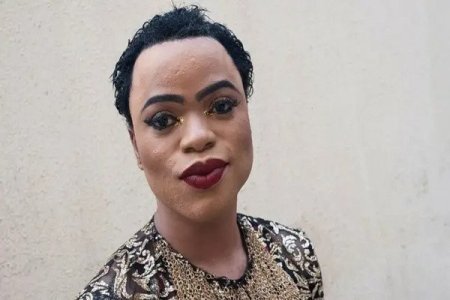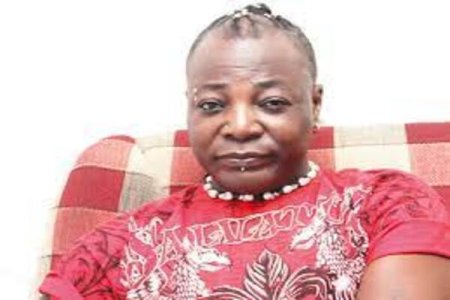
The Nigerian government, represented by Interior Minister Olubunmi Tunji-Ojo, attributes Bobrisky’s prison saga to institutional issues within Nigeria’s correctional system. Allegations of bribery and preferential treatment in prison sparked investigations, leading to suspensions of senior officials. Calls for reform continue as authorities address systemic issues affecting transparency and accountability.
The recent saga involving Idris Okuneye, popularly known as Bobrisky, highlights deeper institutional issues, according to Nigeria’s Minister of Interior, Olubunmi Tunji-Ojo. The controversy stems from allegations that Bobrisky received preferential treatment in prison by bribing officials of the Nigerian Correctional Service (NCoS) following his incarceration for naira abuse in April 2024.
Audio clips from blogger Martins Otse, also known as VeryDarkMan, alleged that Bobrisky paid ₦15 million to secure leniency from the Economic and Financial Crimes Commission (EFCC) and additional funds for a favorable prison experience. While Bobrisky denied these claims, the EFCC and NCoS launched investigations, and the Federal Government suspended several senior NCoS officers.
The House of Representatives also intervened, inviting those involved for a probe. In response, Tunji-Ojo established a committee to address misconduct allegations, aiming to prevent future systemic issues. Following the investigation, the panel reported no evidence that Bobrisky stayed outside the custodial center during his sentence from April to August 2024. The case underscores calls for comprehensive institutional reforms to address underlying problems within Nigeria’s correctional system.






